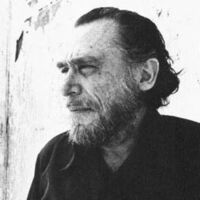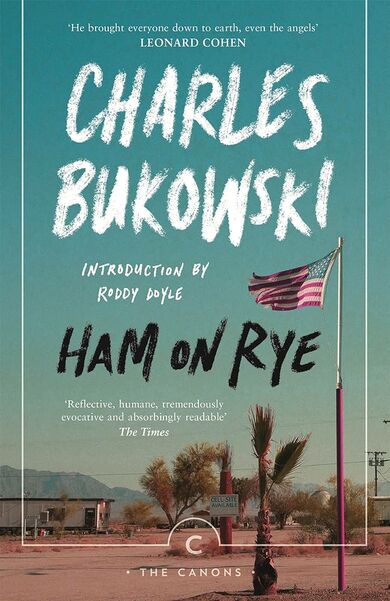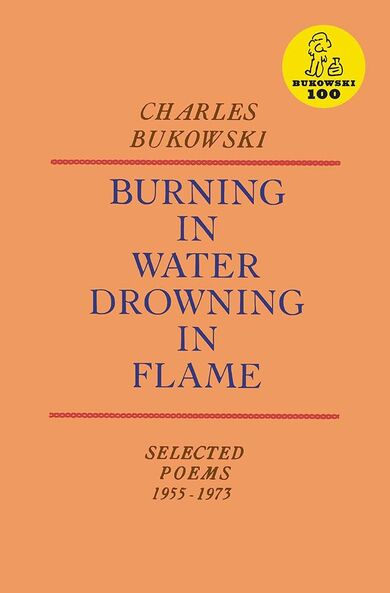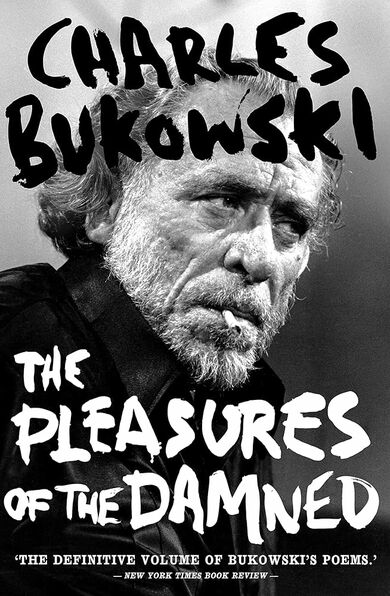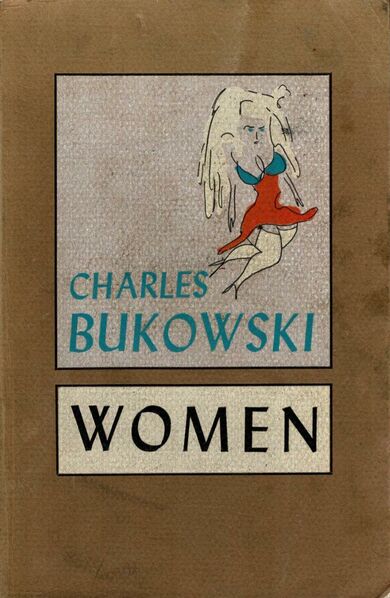Ham on Rye: 35
The bandages were helpful. L.A. County Hospital had finally come up
with something. The boils drained. They didn’t vanish but they flattened a
bit. Yet some new ones would appear and rise up again. They drilled me and wrapped me again.
My sessions with the drill were endless. Thirty-two, thirty—six, thirty—
eight times. There was no fear of the drill anymore. There never had been. Only an anger. But the anger was gone. There wasn’t even resignation on my part, only disgust, a disgust that this had happened to me, and a disgust
with the doctors who couldn’t do anything about it. They were helpless and I was helpless, the only difference being that I was the victim. They could go home to their lives and forget while I was stuck with the same face.
But there were changes in my life. My father found a job. He passed an examination at the L.A. County Museum and got a job as a guard. My father was good at exams. He loved math and history. He passed the exam and finally had a place to go each morning. There had been three vacancies for guards and he had gotten one of them.
L.A. County General Hospital somehow found out and Miss Ackerman told
me one day, “Henry, this is your last treatment. I’m going to miss you.”
“Aw come on,” I said, “stop your kidding. You’re going to miss me like
I’m going to miss that electric needle!”
But she was very strange that day. Those big eyes were watery. I heard
her blow her nose.
I heard one of the nurses ask her, “Why, Janice, what’s wrong with you?”
“Nothing. I’m all right.”
Poor Miss Ackerman. I was 15 years old and in love with her and I was covered with boils and there was nothing that either of us could do.
“All right,” she said, “this is going to be your last ultra-violet ray treatment. Lay on your stomach.”
“I know your first name now,” I told her. “Janice. That’s a
pretty name. It’s just like you.”
“Oh, shut up,” she said.
I saw her once again when the first buzzer sounded. I turned over, Janice re-set the machine and left the room. I never saw her again.
My father didn’t believe in doctors who were not free. “They make you
piss in a tube, take your money, and drive home to their wives in Beverly Hills,” he said.
But once he did send me to one. To a doctor with bad breath and a head as round as a basketball, only with two little eyes where a basketball had none. I didn’t like my father and the doctor wasn’t any better. He said, no fried foods, and to drink carrot juice. That
was it.
I would re-enter high school the next term, said my father.
“I’m busting my ass to keep people from stealing. Some nigger broke the glass on a case and stole some rare coins yesterday. I caught the bastard. We rolled down the stairway together. I held him until the others came. I risk my life every day. Why should you sit around on your ass, moping? I want you to be an engineer. How the hell you gonna be an engineer when I find notebooks full of women with their skirts pulled up to their ass? Is that all you can draw? Why don’t you draw flowers or mountains or the ocean? You’re going back to school!”
I drank carrot juice and waited to re-enroll. I had only missed one
term. The boils weren’t cured but they weren’t as bad as they had been. “You know what carrot juice costs me? I have to work the first hour every day just for your god-damned carrot juice!”
I discovered the La Cienega Public Library. I got a library card. The
library was near the old church down on West Adams. It was a very small library and there was just one librarian in it. She was class. About 38 but
with pure white hair pulled tightly into a bun behind her neck. Her nose was sharp and she had deep green eyes behind rimless glasses. I felt that she knew everything.
I walked around the library looking for books. I pulled them off the
shelves, one by one. But they were all tricks. They were very dull. There
were pages and pages of words that didn’t say anything. Or if they did say something they took too long to say it and by the time they said it you
already were too tired to have it matter at all. I tried book after book.
Surely, out of all those books, there was one.
Each day I walked down to the library at Adams and La Brea and
there was my librarian, stern and infallible and silent. I kept pulling the
books off the shelves. The first real book I found was by a fellow named Upton Sinclair. His sentences were simple and he spoke with anger. He wrote with anger. He wrote about the hog pens of Chicago. He came right out and said things plainly. Then I found another author. His name was Sinclair
Lewis. And the book was called Main Street. He peeled back the layers
of hypocrisy that covered people. Only he seemed to lack passion. I went back for more. I read each book in a single evening. I was walking around one day sneaking glances at my librarian when I came upon a book with the title Bow Down To Wood and Stone. Now, that was good, because that
was what we were all doing. At last, some fire.' I opened the book.
It was by Josephine Lawrence. A woman. That was all right. Anybody could find knowledge. I opened the pages. But they were like many of the other books: milky, obscure, tiresome. I replaced the book. And while my hand was there I reached for a book nearby. It was by another Lawrence. I opened the book at random and began reading. It was about a man at a piano. How false it seemed at first. But I kept reading. The man at the piano was troubled.
His mind was saying things. Dark and curious things. The lines on the page were pulled tight, like a man screaming, but not “Joe, where are you?” More like Joe, where is anything? This Lawrence of the tight and bloody
line. I had never been told about him. Why the secret? Why wasn’t he advertised?
I read a book a day. I read all the D. H. Lawrence in the library. My
librarian began to look at me strangely as I checked out the books.
“How are you today?” she would ask. That always sounded so good. I felt
as if I had already gone to bed with her. I read all the books by D.
H. And they led to others. To H.D., the poetess. And Huxley, the youngest of
the Huxleys, Lawrence’s friend. It all came rushing at me. One book led to
the next. DOS Passes came along. Not too good, really, but good enough. His trilogy, about the U.S.A., took longer than a day to read. Dreiser didn’t
work for me. Sherwood Anderson did. And then along came Hemingway. What a thrill! He knew how to lay down a line. It was a joy. Words weren’t dull,
words were things that could make your mind hum. If you read them and let yourself feel the magic, you could live without pain, with hope, no matter
what happened to you.
But back at home . . .
“LIGHTS OUT!” my father would scream. I was reading the Russians now, reading Turgenev and Gorky. My father’s rule was that all lights were to be out by 8 p.m. He wanted to sleep so that he could be fresh and effective on the job the next day. His conversation at home was always about “the job.” He talked to my mother about his “job” from the moment he entered the door in the evenings until they slept. He was determined to rise in the ranks.
“All right, that’s enough of those god-damned books! Lights out!”’
To me, these men who had come into my life from nowhere were my only chance. They were the only voices that spoke to me.
“All right,” I would say.
Then I took the reading lamp, crawled under the blanket, pulled the
pillow under there, and read each new book, propping it against the pillow, under the quilt. It got very hot, the lamp got hot, and I had trouble
breathing. I would lift the quilt for air.
“What’s that? Do I see a light? Henry, are your lights out?”
I would quickly lower the quilt again and wait until I heard my
father snoring.
Turgenev was a very serious fellow but he could make me laugh because a truth first encountered can be very funny. When someone else’s truth is the same as your truth, and he seems to be saying it just for you, that’s great.
I read my books at night, like that, under the quilt with the overheated reading lamp. Reading all those good lines while suffocating. It was magic.
And my father had found a job, and that was magic for him . . .

